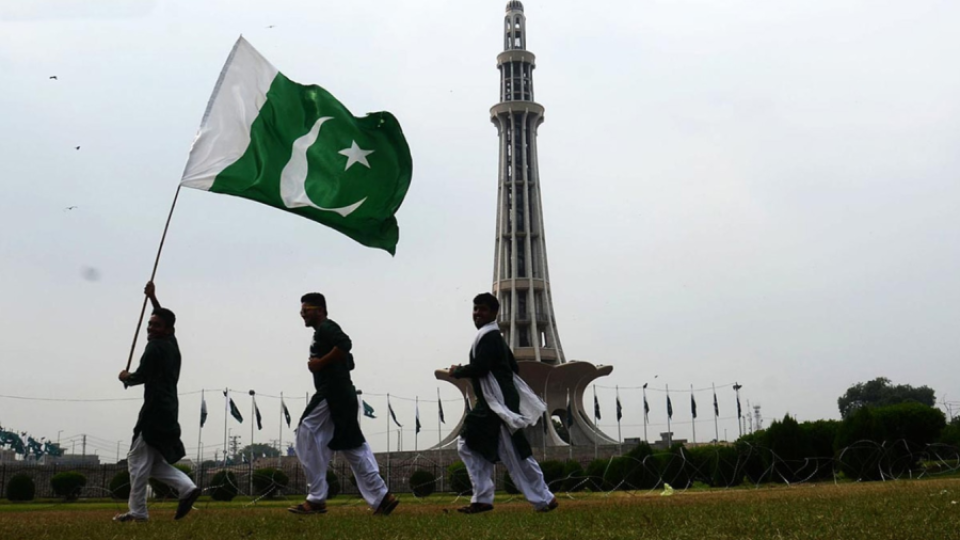
The Pakistani diaspora, numbering over nine million individuals worldwide, constitutes a vital pillar of Pakistan’s soft power and global influence. Spread across continents, this community has significantly contributed to the economic, cultural, and social development of its host countries while maintaining strong ties with its homeland. As a bridge between Pakistan and the world, the diaspora plays a crucial role in fostering understanding, enhancing Pakistan’s image, and advocating for its interests. However, internal divisions and external pressures often challenge their effectiveness, underscoring the need for a more unified and strategic approach.
The diaspora’s role extends beyond mere remittances and economic contributions. Members of the Pakistani diaspora are cultural ambassadors, representing Pakistan’s values, heritage, and traditions. Whether through their professional achievements, artistic endeavors, or philanthropic activities, they help shape global perceptions of Pakistan. For instance, Pakistani-origin individuals such as Malala Yousafzai, Riz Ahmed, and Nadiya Hussain have showcased the talent, resilience, and cultural richness of the Pakistani community to the world.
In addition to cultural diplomacy, the diaspora acts as a significant stakeholder in Pakistan’s foreign relations. Through lobbying efforts, advocacy, and participation in host-country politics, they influence policies that directly or indirectly affect Pakistan. Examples include lobbying for Pakistan-friendly trade agreements, advocating for Kashmir’s right to self-determination, and raising awareness about Islamophobia and other forms of discrimination. However, this dual role is not without its challenges. Internal divisions within the diaspora, often driven by political affiliations, ideological differences, or personal interests, have diluted its collective voice. This polarization undermines their ability to effectively represent Pakistan’s interests and diminishes their credibility as unified ambassadors of the nation.
One of the most significant challenges facing the diaspora is internal fragmentation. Political affiliations, particularly those tied to rival parties in Pakistan, often create rifts within the community. These divisions are further exacerbated by social media platforms, which amplify ideological differences and fuel partisan rhetoric. As a result, segments of the diaspora become more focused on advancing narrow agendas than promoting Pakistan’s broader national interests.
In some cases, external actors exploit these divisions to further their own geopolitical objectives. For instance, hostile states or organizations may use diaspora communities to disseminate anti-Pakistan narratives, sow discord, or undermine Pakistan’s international standing. This is particularly evident in the context of the grooming gangs narrative in the UK, where the Pakistani diaspora is disproportionately targeted to promote Islamophobic rhetoric and vilify the community. Furthermore, these internal divisions have tangible consequences for Pakistan. When diaspora communities appear divided or act contrary to their nation’s interests, it tarnishes Pakistan’s image and undermines its credibility on global platforms. This fragmentation also hinders the diaspora’s ability to respond collectively to challenges such as Islamophobia, economic crises, or humanitarian disasters.
To fully realize its potential, the diaspora must adopt a proactive and strategic approach. This begins with fostering unity and inclusivity within the community. Pakistani diplomatic missions, cultural organizations, and diaspora associations should work collaboratively to bridge divides and create platforms for dialogue and cooperation. Regular engagement through cultural festivals, professional networking events, and policy forums can help align diaspora efforts with Pakistan’s national interests.
Education and media also play a crucial role in strengthening the diaspora’s role as ambassadors. By promoting media literacy and encouraging critical engagement with biased narratives, the diaspora can counter misinformation and stereotypes. Educational initiatives that highlight the contributions of Pakistani-origin individuals to science, technology, arts, and politics can further enhance the community’s visibility and reputation. Another critical step is empowering the younger generation of diaspora members. Youth engagement programs, internships, and leadership training can prepare the next generation to take on the mantle of representing Pakistan on global platforms. By investing in their education and skills development, Pakistan can ensure that its diaspora continues to thrive and contribute meaningfully to both their host countries and their homeland.
Pakistan should also leverage its diaspora as a resource for economic growth and development. By creating investment-friendly policies and facilitating diaspora-led entrepreneurship, the state can attract capital, expertise, and innovation from overseas Pakistanis. Initiatives such as the Roshan Digital Account and Overseas Pakistani Savings Certificates are steps in the right direction but must be complemented by broader reforms that address structural barriers to investment. Additionally, the state must actively counter narratives that seek to vilify its diaspora. This requires robust diplomatic engagement with host countries, collaboration with international organizations, and targeted communication strategies that highlight the positive contributions of Pakistanis abroad. By standing firmly behind its diaspora, Pakistan can build a sense of solidarity and mutual respect that strengthens the community’s role as ambassadors.
